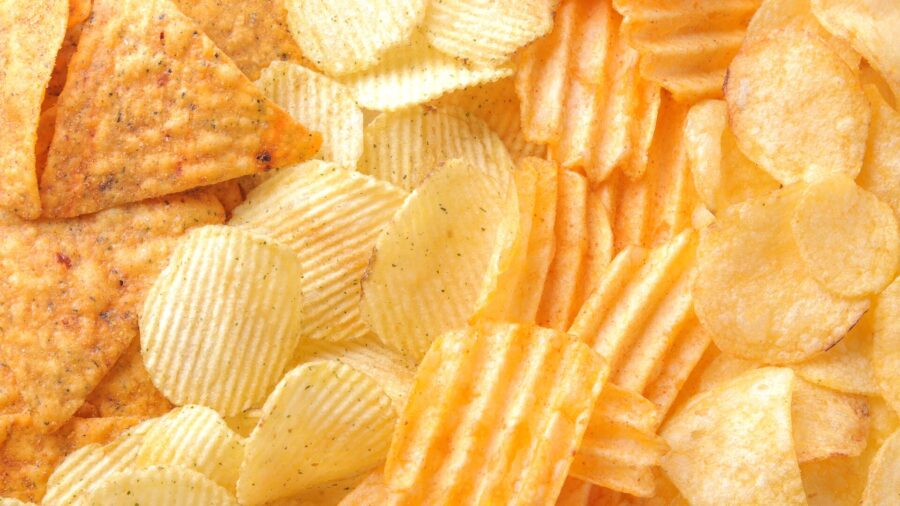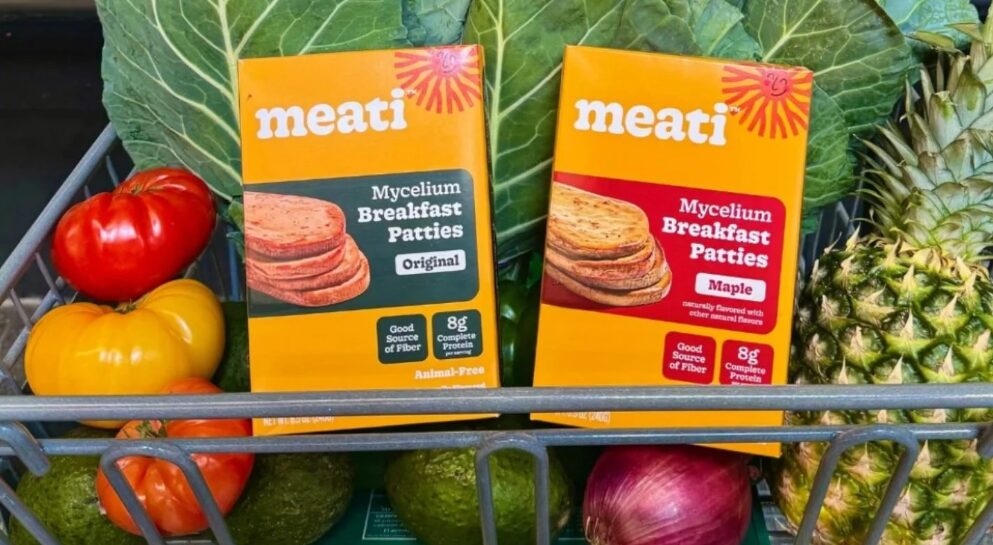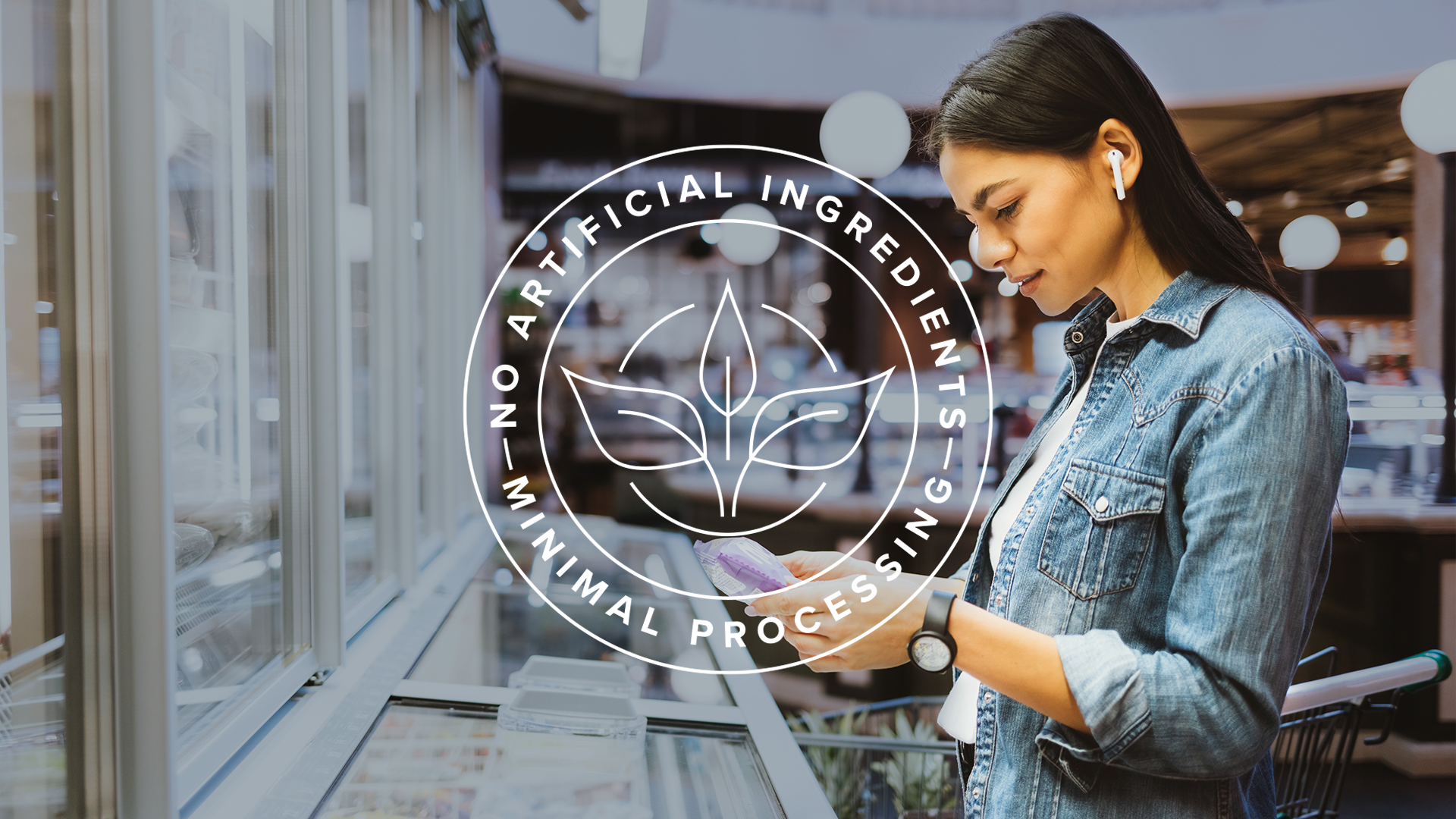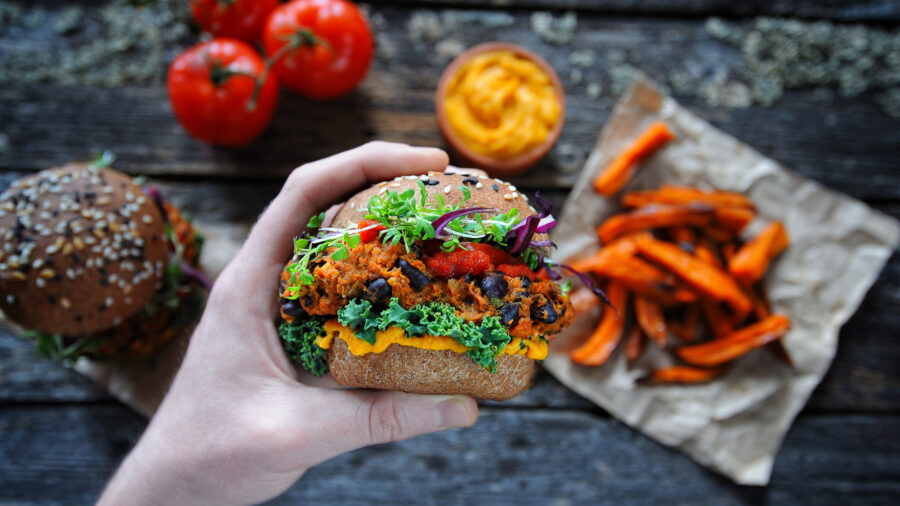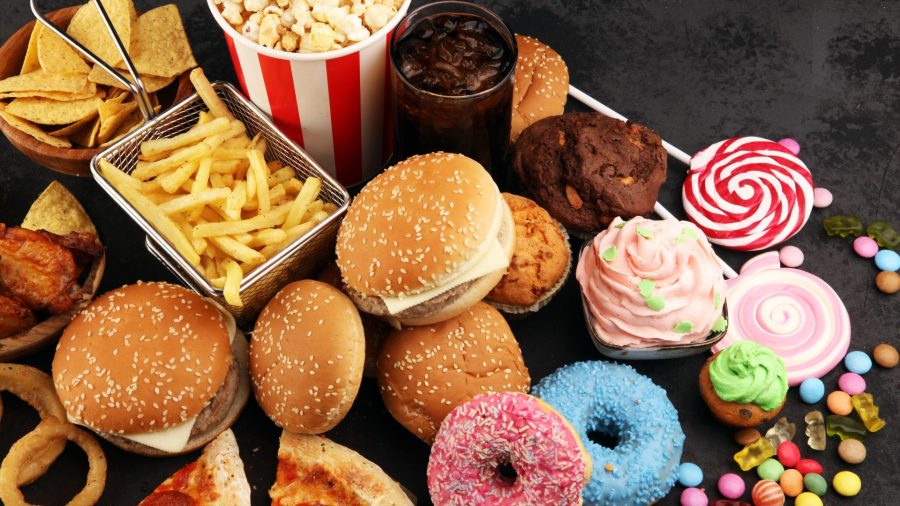What came first – the Cheeto or the existential crisis? That’s the question a recent story in The New York Times hoped to answer. Though a definitive answer remains elusive, many scientists, nutritionists, and more believe the proliferation of ultra-processed foods (UPFs) informs many Americans’ diets now more than ever, and that there is a possibility that they contribute to decreased mental and emotional wellbeing.
The average American consumes about 60% of their daily calories from UPFs, and a recent study published by the National Institute of Health revealed that the more UPFs participants ate, the more likely they were to report mild depression or even feelings of anxiety. And this was no small sample size – 10,000 consenting adults reported as much to Dr. Hecht, the study’s author. And according to Dr. Hecht, “There was a significant increase in mentally unhealthy days for those eating 60 percent or more of their calories from UPFs,” and, despite proof of causation, there definitely appeared to be an association present.
More disturbingly, another recent study followed over 10,000 Brazilian adults over a decade and found a correlation between UPF consumption and cognitive decline with diminished ability to learn, remember, reason, and solve problems.
Still, healthy eating may offset such disturbing data.
UPFs Are More Common Than Many Know
Another dilemma regarding UPFs is an unclear definition of what even constitutes an ultra-processed food. For many, long ingredient labels are the primary bellwethers of ultra-processed, including unnatural ingredients or ones you normally wouldn’t use in home cooking.
“[UPFs] are designed to appeal to us visually as well as to our taste buds,” said Sara Chatfield, registered dietitian nutritionist at HealthCanal.com, to The Food Institute, “and often contain artificial colors, flavors, and taste enhancers. Ultra-processed foods may also be popular because they’re widely available, cheap, shelf-stable, and easy to prepare and eat.”
Chatfield says common examples of UPFs include fast foods, prepackaged snack foods like chips and pastries, frozen meals, and sugar-sweetened beverages like sodas and energy drinks.
Many of these foods are common “empty-calorie,” low-nutrient stomach fillers, and have contributed to higher levels of depression and anxiety, especially in women, according to a study published in The American Journal of Psychiatry.
On the other hand, diets rich in high-antioxidant foods, fruits and vegetables, whole grains, and healthy fats from fish, nuts, and olive oil, have actually been associated with lower stress levels and better mental health.
And it’s not just the head and the heart that can be affected by UPFs – increasing science and attention to the gut and microbiome within is opening up new fields of study and consumer thought toward what, exactly, to put in it, with the proliferation of pre- and probiotics taking the D2C and grocery/retail worlds by storm.
“UPFs are notorious for causing inflammation in the gut, disrupting the delicate balance of the gut microbiota, and compromising gut barrier function,” said Danielle Cooper, a health coach at Flourish & Thrive Wellness.
“This disruption can trigger an immune response, leading to systemic inflammation that extends to the brain. Moreover, the gut-brain axis – a bidirectional communication system between the gut and the brain – plays a crucial role in regulating mood, behavior, and emotions.”
Cooper also asks clients to consider the role of serotonin in their diet and wellbeing.
“Often referred to as the ‘happy hormone’ in the gut, a significant portion (80% – 90%) of serotonin production occurs in the gastrointestinal tract, where it plays a pivotal role in regulating mood and emotional well-being. The consumption of UPFs disrupts serotonin synthesis and availability in the gut, potentially exacerbating anxiety symptoms.”
“These foods alter the gut microbiome in ways beyond affecting neurotransmitter production,” said Sarah Herrington, nutritionist at Brio-Medical, to The Food Institute.
“The brain-gut axis is now a well-researched phenomenon, and the link between our mental health to gut inflammation and gut bacterial diversity is linked to the onset of major clinical mental health disorders, ranging from depression to anxiety. Both gut inflammation and diversity of microbes may be negatively impacted by [UPFs].”
Herrington added that there’s a negative feedback loop and cyclical problem when individuals with high-UPF diets begin feeling stressed and anxious – for many, the solution is to simply reach for more quick-hitting UPFs, perpetuating the cycle even more. With ingredients high on the glycemic index, UPFs can easily lead to big swings and fluctuations in blood glucose levels, leading to anxiety.
Reducing Stress with UPFs
There’s an old joke that goes something like this – a consumer is asked by a vendor at the grocery store whether she wants a fistful of ultra-processed food or a medley of fresh vegetables plucked from the garden that morning.
“I’ll take the UPFs,” she says.
“Why?” asks the vendor.
“Because these are specifically manufactured to be eaten by people,” she tells the vendor, popping a few chips into her mouth, “and this other stuff just comes out of the ground,” gesturing to the veggie medley while wiping crumbs from her mouth.
For many, it’s impossible to avoid the allure, flavor, and convenience of many common UPFs. Everything in moderation, however, advise many professionals and studies regarding the link between mental and emotional well-being and ultra-processed food.
“In conjunction with other appropriate treatment strategies for managing stress and anxiety, efforts to reduce our intake of ultra-processed foods and replace them with foods rich in essential nutrients and antioxidants can offer numerous benefits for mental health,” Chatfield said.
“I believe that shedding light on the connection between UPFs and anxiety is paramount to empowering individuals to make informed dietary choices for their mental health,” Cooper added.
“By exploring the intersection of nutrition and mental well-being, we can better understand the impact of our food choices on anxiety levels and promote strategies for cultivating a gut-friendly, anxiety-reducing diet.”


